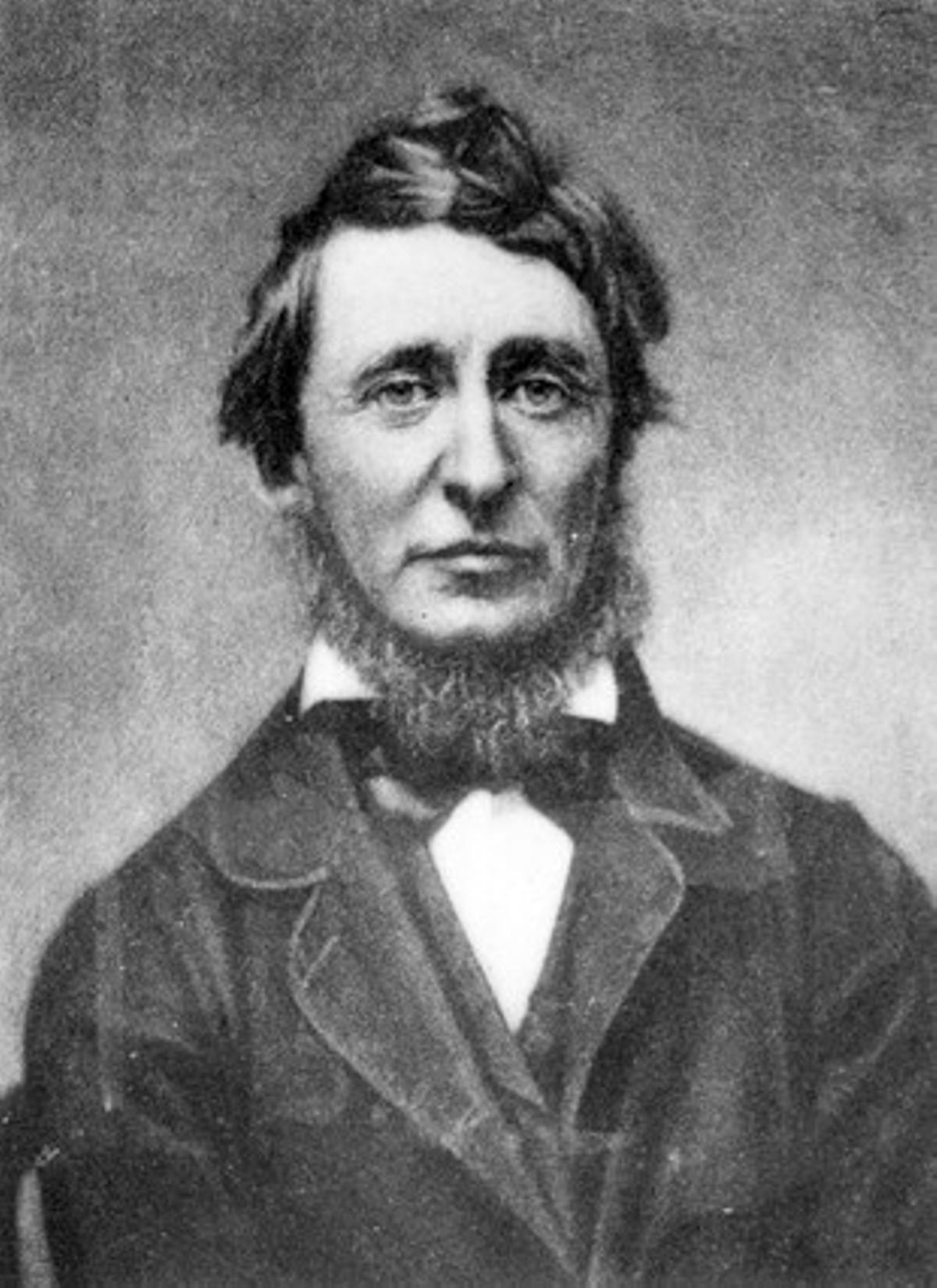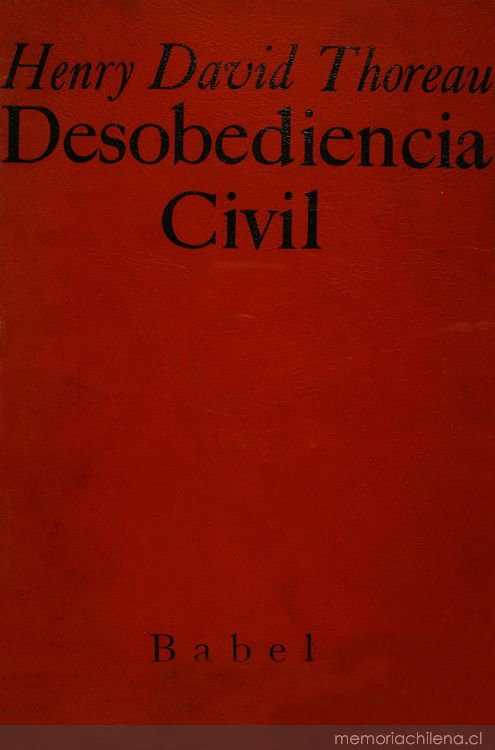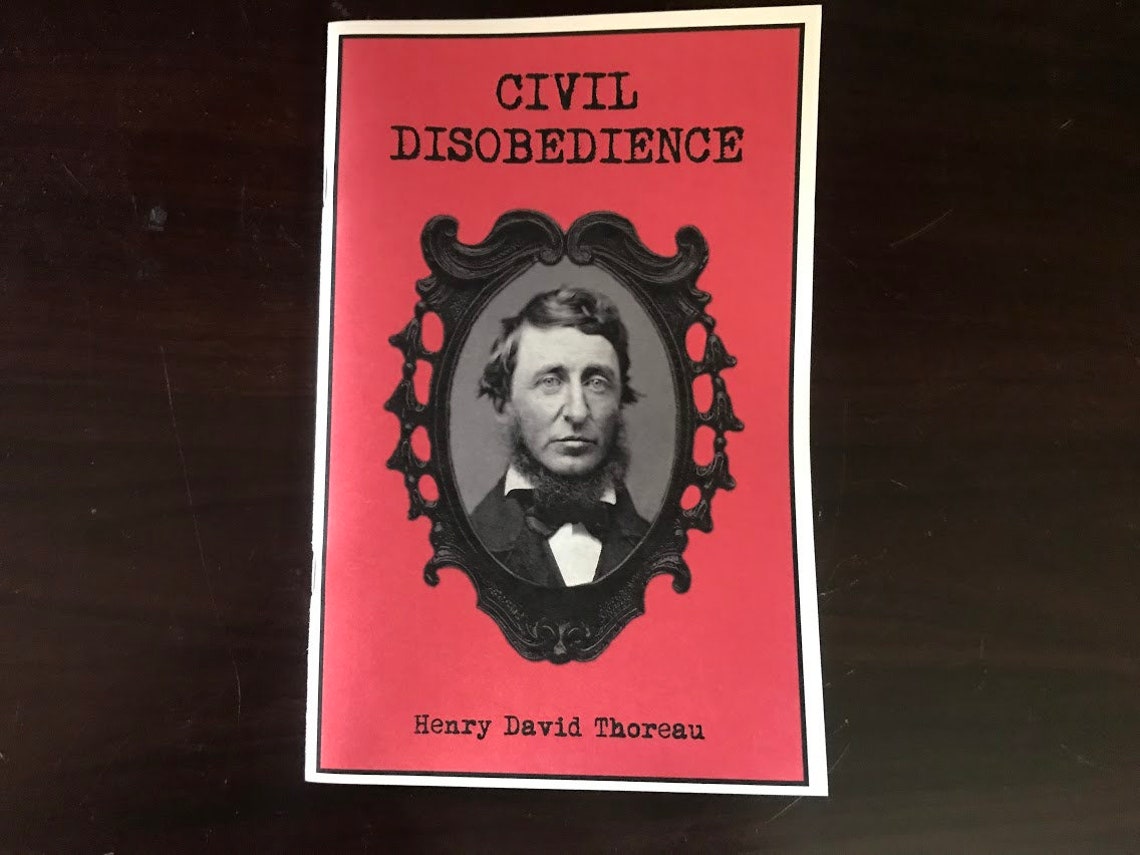


Thoreau's ideas presented in this essay have influenced some of the most powerful and influential people in history, including Martin Luther King Jr., Leo Tolstoy, President John F.

Motivated in part by his disgust with slavery and the Mexican-American War, Thoreau argues that individuals should not permit governments to overrule or atrophy their consciences, and that they have a duty to avoid allowing such acquiescence to enable the government to make them the agents of injustice.Ĭivil Disobedience is unusual for its symbolism and structure, its criticism of Christian institutions, and its many-layered storytelling. An argument for disobedience to an unjust state by American transcendentalist Henry David Thoreau that was first published in 1849 and continues to transform American discourse even today. Resistance to Civil Government was Thoreau's first published book. On the Duty of Civil Disobedience = Civil Disobedience = Resistance to Civil Government, Henry David Thoreau Thoreau's philosophy of nonviolent resistance influenced the political thoughts and actions of such later figures as Leo Tolstoy, Mohandas K. Haught in 2000 Years of Disbelief.) When Parker Pillsbury sought to talk about religion with Thoreau as he was dying from tuberculosis, Thoreau replied: "One world at a time." In a diary he noted his disapproval of attempts to convert the Algonquins "from their own superstitions to new ones." In a journal he noted dryly that it is appropriate for a church to be the ugliest building in a village, "because it is the one in which human nature stoops to the lowest and is the most disgraced." (Cited by James A. His activist convictions were expressed in the groundbreaking On the Duty of Civil Disobedience (1849). During his sojourn there, Thoreau refused to pay a poll tax in protest of slavery and the Mexican war, for which he was jailed overnight. His two-year experience in a hut in Walden, on land owned by Emerson, resulted in the classic, Walden: Life in the Woods (1854). Becoming a Transcendentalist and good friend of Emerson, Thoreau lived the life of simplicity he advocated in his writings. He graduated from Harvard University in 1837, taught briefly, then turned to writing and lecturing. In 1817, Henry David Thoreau was born in Massachusetts.

Among his lasting contributions were his writings on natural history and philosophy, where he anticipated the methods and findings of ecology and environmental history, two sources of modern day environmentalism. Thoreau's books, articles, essays, journals, and poetry total over 20 volumes. Henry David Thoreau (born David Henry Thoreau) was an American author, naturalist, transcendentalist, tax resister, development critic, philosopher, and abolitionist who is best known for Walden, a reflection upon simple living in natural surroundings, and his essay, Civil Disobedience, an argument for individual resistance to civil government in moral opposition to an unjust state.


 0 kommentar(er)
0 kommentar(er)
